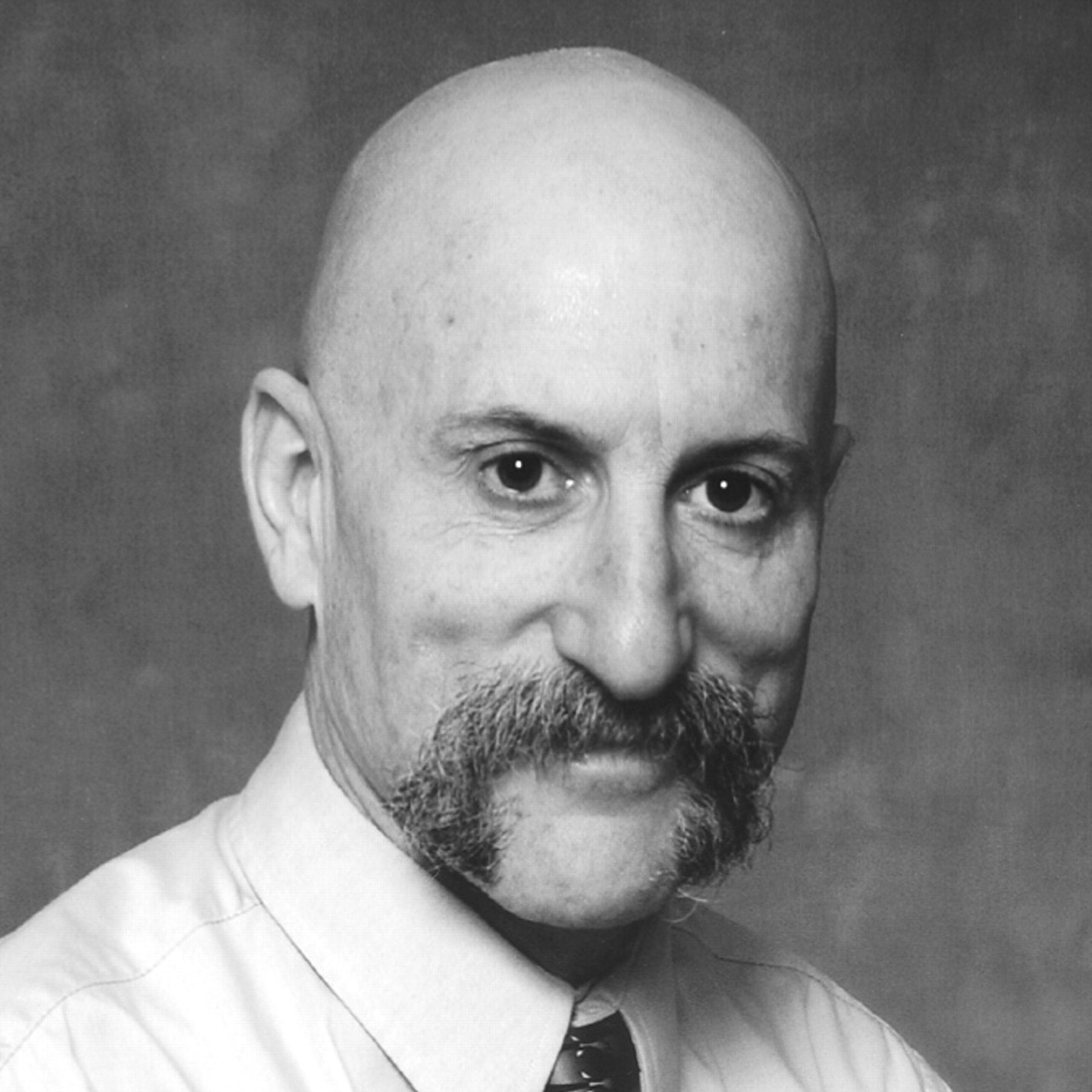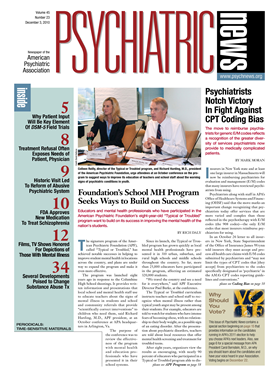“To reduce the gap in medical service, I shall propose vigorous steps to combat the misery and national loss involved in mental illness.”
—President Eisenhower, 1955
APA members not only face old quagmires that have lingered since Eisenhower's State of the Union message, but also new ones with potentially harmful outcomes for our members and our patients.
A sense of never-ending problems and challenges can be gleaned from former APA presidents' annual speeches:
■ The greatest therapeutic error is administering too much medication (Everts, 1886).
■ The populations of our hospitals could be reduced and better served in noninstitutional care (Barrett, 1922).
■ The complexities of modern hospitals contribute to a loss in dealing with patients as individuals (White, 1925).
There are a myriad of new problems: reimbursement at less than the cost of providing treatment; shifts to less expensive practitioners (APRN, PA, MSW, psychologist); devalued CPT codes; inadequate numbers of minority psychiatrists, e.g., Hispanics, African Americans; and a loss of trust in psychiatrists. Our patients fare worse: health care disparities, rising Medicare drug costs, meds contributing to obesity and diabetes, homelessness, substance abuse, and a greater likelihood of ending up in county jail than in a state hospital.
The current APA Vision Statement informs us: APA is an organization of psychiatrists working together to ensure humane care and effective treatment for all persons with mental illness, including substance use disorders. It is the voice and conscience of modern psychiatry. Its vision is a society that has available, accessible quality psychiatric diagnosis, treatment, and prevention.
APA leadership needs the resolve to turn this vision into reality. What APA members need now is APA ACTION.
Attack stigma and discrimination directed at psychiatric patients and psychiatrists.
Provide tools and supports for treatment of co-occurring psychiatric and substance abuse disorders.
Attend to specific needs of each minority, underrepresented, and IMG group of psychiatrists.
Advocacy shall be zealous and directed by our members.
Child/Adolescent psychiatry shall move up APA's list of priorities.
Treatment provided by APA members shall be appropriately valued and reimbursed.
Integrated systems of care shall be an APA focus.
Outpatient/inpatient psychiatrists shall have reasonable caseloads, safe working environments, and realistically be able to provide psychotherapy.
Nurturing residents, fellows, and early career psychiatrists shall be paramount.
Like any good treatment plan, each of these goals needs interventions. If elected, I would work to create these with the president, Board of Trustees, and membership within 60 days of taking office as president-elect, and I would report to you, the members, on a regular and ongoing basis. I would begin, at the same time, working on the release of DSM-5, scheduled to occur during the term of the president you choose in this election.
There should be no doubt that if we responsibly improve the practice of psychiatry, we will dramatically improve the care and treatment of psychiatric patients.
I welcome your feedback and support.
Je me félicite de vos commentaires et de la prise en charge.
Acojo con tus comentarios y apoyo.
Primary Professional Activities and Sources of Income
As professor and director of public sector psychiatry, I am full time at the University of Massachusetts Medical School, where I do teaching, mentoring, and supervision; patient care; research and administration: 75% of income. On my own time, I do state and agency consultation and other forensic work: 25% of the time.

